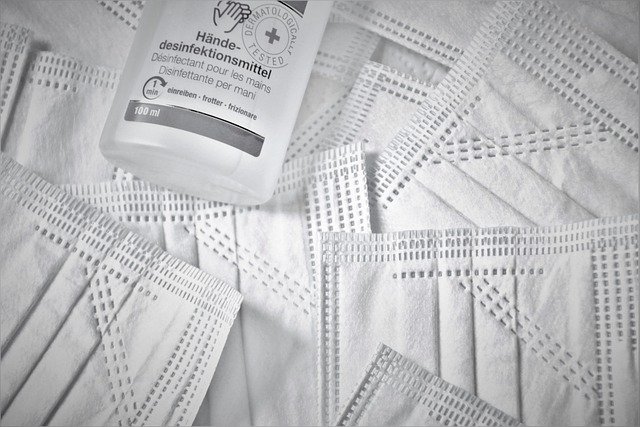- ASEAN member economies have agreed not to impose restrictive trade measures on essential goods and supplies in the region during the pandemic
- They also commit to unilaterally roll back all non-tariff measures on essential goods that don’t conform with World Trade Organization agreements
- The agreement includes a list of 152 essential goods, consisting mostly of medical goods such as test kits and equipment
- The deal entered into force on November 13
Member states of the Association of Southeast Asian Nations (ASEAN) have agreed to refrain from imposing restrictive trade measures on essential goods and to prevent supplies disruption in the region during the coronavirus disease (COVID-19) pandemic.
The agreement—memorandum of understanding (MOU) on the implementation of non-tariff measures on essential goods under the Hanoi Plan of Action on strengthening ASEAN economic cooperation and supply chain connectivity in response to the COVID-19 pandemic—was signed by ASEAN economic ministers on November 10 and entered into force on November 13.
The MOU is part of the Hanoi Action Plan on Strengthening Supply Chain Connectivity that was adopted in June 2020. The Hanoi Action Plan commits ASEAN member states (AMSs) to refrain from imposing restrictive trade measures on essential goods and supplies except for public health emergencies.
AMSs under the MOU also aim to unilaterally roll back all non-tariff measures (NTM) on essential goods that don’t conform to World Trade Organization (WTO) agreements.
Rollback means the undertaking to phase out or eliminate non-tariff measures which would unnecessarily impede intra-ASEAN trade flows of essential goods.
If complete rollback of NTMs on essential goods is not feasible, AMSs will discuss appropriate ways to address the NTMs’ trade distorting effects, if any.
The MOU includes a list of 152 essential goods consisting mostly of medical goods such as test kits and equipment. The list is based on a joint list by the WTO and World Health Organization.
ASEAN secretary-general Dato Lim Jock Hoi said the enforcement of the MOU “proves ASEAN’s unanimous cooperation to facilitate the smooth and seamless flow of essential goods in the region.”
“It will play a vital role in mitigating the economic impact of the COVID-19 to ASEAN, strengthen the supply chain connectivity, and reduce administrative burden on businesses during this trying time,” he added.
A good development for PH
Philippine Department of Trade and Industry (DTI) Secretary Ramon Lopez, in a separate statement, said the MOU signing “is a clear manifestation of ASEAN’s shared commitment in keeping markets open, ensure the unhampered flow of essential goods, and show economic resiliency amid COVID-19.”
“We also see this as a positive development that will help the Philippine business community in trading with the region,” Lopez said.
DTI noted that it is also “a significant step forward for ASEAN as some member states implemented export bans and other stringent measures in the early months of the pandemic that resulted to supply shortages of medicines and medical supplies in the region.” With the MOU in place, such actions are expected to be lessened.
DTI said ASEAN will also look into expanding the ASEAN List of Essential Goods to include other essential items such as food and agricultural products.
The MOU forms part of the ASEAN Comprehensive Recovery Framework (ACRF), which serves as the consolidated exit strategy of the region from the COVID-19 crisis.
The ACRF articulates the ASEAN response through different stages of recovery. It focuses on key sectors and segments of society that are most affected by the pandemic, and sets broad strategies and identifies measures for recovery.
To implement the ACRF, an implementation plan was developed by the ASEAN Secretariat under the purview of the ASEAN Coordinating Committee Working Group-Public Health Emergency. – Roumina Pablo









